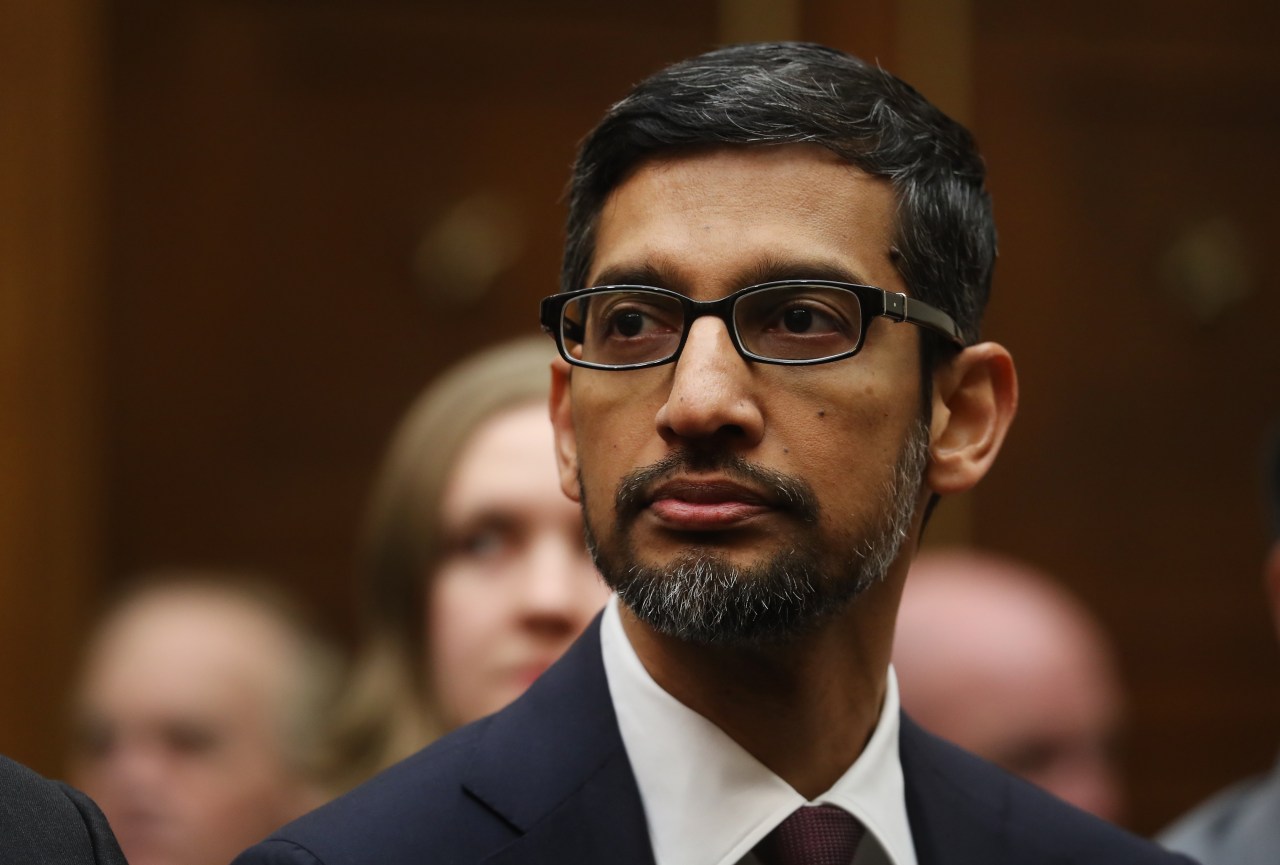As artificial intelligence continues to proliferate across various sectors, the debate surrounding its regulation has become more urgent. Tech giants, with Google CEO Sundar Pichai at the forefront, are particularly vocal, advocating for a flexible regulatory framework that addresses potential risks while allowing businesses to innovate unabated. The juxtaposition of these interests poses a critical question: can we find equilibrium between progress and the ethical implications of AI technology, or are we merely looking at a smoke-and-mirrors game that ultimately enables unchecked expansion?
The Case for a Diluted Regulatory Approach
Pichai’s recent op-ed in the Financial Times captures this tension. He outlines a need for AI regulation, but what emerges from his argument is a veiled plea for a lenient framework that prioritizes innovation over stringent restrictions. He warns that the real danger lies in failing to leverage AI’s potential to improve lives, a position that encapsulates a classic ‘better safe than sorry’ rhetoric yet seems to default to a narrative that leans towards minimizing long-term risks.
- Innovation vs. Ethics: Pichai contrasts the lessons from history—for example, the dual nature of internal combustion engines and the internet—emphasizing that while technology can evolve societal norms, it also comes with responsibilities. However, by focusing solely on positive outcomes, he downplays the pressing need to grapple with the ethical consequences of AI technologies like facial recognition.
- The Monopoly Dilemma: A lack of stringent regulations could further enhance the monopolistic tendencies of major tech corporations, as AI becomes a tool for consolidating market power rather than fostering equitable growth.
A Historical Lens on AI Risks
Pichai’s invocation of historical analogies highlights an often ignored aspect: the often catastrophic side effects of technological advancement. While the internet indeed democratized information, it also spearheaded the spread of misinformation, leading to societal upheaval. Similarly, the unchecked use of AI-driven technologies poses significant risks to individual rights, particularly with facial recognition possibly undermining privacy and civil liberties.
Moreover, the notion that technological progress is a linear journey—one that inevitably overrides ethical concerns—should be critically examined. In a landscape increasingly wary of digital surveillance, it seems shortsighted for Pichai to assert that limiting AI’s application may hinder technological growth.
The European Commission’s Approach
In contrast to Pichai’s standpoint, the European Commission has indicated a more principled approach towards AI regulation that emphasizes ethical considerations. Following an initial draft suggesting a temporary ban on facial recognition in public settings, the Commission appears to be leaning towards regulations that prioritize safeguarding individuals’ rights against potential abuses of technology.
- Noteworthy Regulations: The European legislative landscape is evolving, with calls for comprehensive standards to address AI implications thoroughly.
- Protecting Individual Rights: Unlike the U.S. model that often champions business interests, Europe seems set on a path to prioritize human rights in its tech law frameworks.
The Pitfalls of Optics in Regulation
What’s often overlooked in the conversation is the way tech leaders like Pichai manipulate the narrative around AI risks. By suggesting that much of the inherent danger is a mere “collateral damage,” he encourages lawmakers to opt for regulatory measures that are more symbolic than substantive. The consequence? A status quo that fails to adequately address the ethical crises at hand.
As proponents of AI increasingly wear the mantle of ethical custodians, one must ask: who determines what is ethical, and how can we ensure that their interests align with broader societal welfare? The historical mistrust of technologists’ claims demands a more robust public dialogue that scrutinizes both the motivations underlying these calls and their implications on real-world applications.
Conclusion: Striving for an Ethical AI Future
The discourse on AI regulation is a complex tapestry woven with threads of ethics, innovation, and power dynamics. While Sundar Pichai calls for a softer approach to regulation, it’s vital that lawmakers resist the urge to view the tech industry’s narrative at face value. As we venture further into the AI era, clear standards that reflect societal values and protect individual rights must prevail over lucrative but potentially dangerous technological shortcuts.
Insights from the ongoing legislative dialogues across the globe—in particular, the European Commission’s more stringent stance—could serve as a benchmark for a well-rounded approach that incorporates the human dimension in technology’s evolution.
At fxis.ai, we believe that such advancements are crucial for the future of AI, as they enable more comprehensive and effective solutions. Our team is continually exploring new methodologies to push the envelope in artificial intelligence, ensuring that our clients benefit from the latest technological innovations.
For more insights, updates, or to collaborate on AI development projects, stay connected with fxis.ai.

